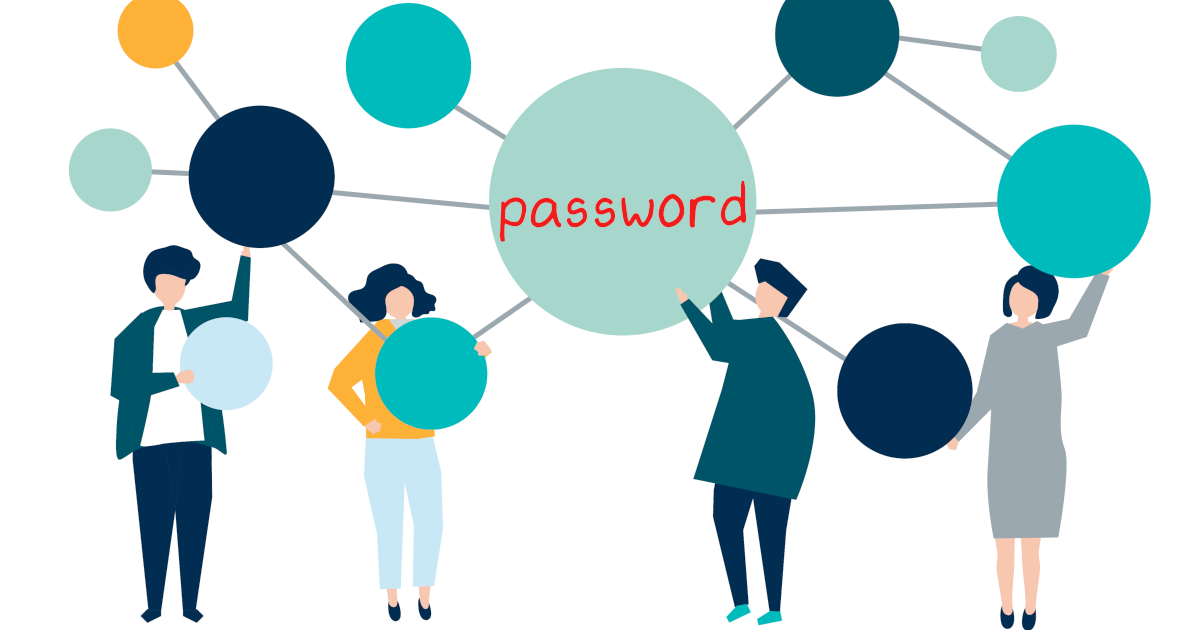Another day another piece of dismal cyber security news (well, dismal for team blue), RockYou2024 dumps 10 Billion passwords. This is in turn an amalgamation of earlier leaks and some new material, and, is the source of all those “We scan the dark web for you” services that you are considering investing in.
I know, all your systems use salted, hashed passwords (or better, passkeys and single-sign-on openid connect). But, this type of dump is used in a different way, a stuffing attack. Highly patient robots type the passwords one by one until they get a hit. And, systems without multi-factor authentication eventually get caught.
Compounding the problem is ‘shared password’ systems. These, often shadow-IT, systems are used by multiple people who for some reason don’t have unique accounts. Examples are TeamViewer, Jump box VPN’s, etc. By making it hard for them to sign in with their native single-sign-on, and being intrinsically team-oriented, the natural approach humans come up with is a ‘shared password’. Its strong, after all, we trust each other, right?
But all it takes is for one of those people to use that one shared password in one-more system, and there is a dramatic reduction in strength. And, of course, who wouldn’t do that, after all, its shared, not secret, why should you remember more of them?
To add to the misery pile, the services you subscribe to that check your core systems against being in these breaches, indeed they check the core systems. They run through the breaches and see if your users are using those passwords in your Microsoft Active Directory, or Google Workspace. But what they don’t check is those tools that sit on the periphery. TeamViewer. VPN to the jump box. etc.
Now, let me let you in on a secret. There is a simple solution to this. One that doesn’t change how you do business or how your teams operate. One that makes it in fact simpler for them, and more secure for you. Agilicux AnyX. Instead of requiring that shared password, or reworking the world to fit into your existing identity provider, our identity-aware proxy allows any user (staff, vendor, support) to sign in with their native identity (email), without another password, with multi-factor. Instead of hacking in TeamViewer with a ‘supp0rt-p@ss’ type security, directly use remote desktop with single-sign-on.
Want to learn more? Look in the upper right and contact us!
